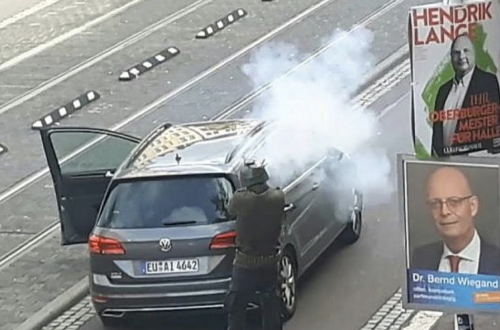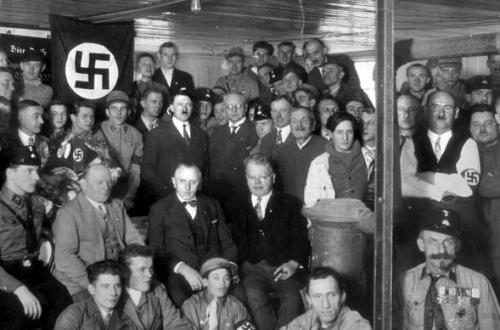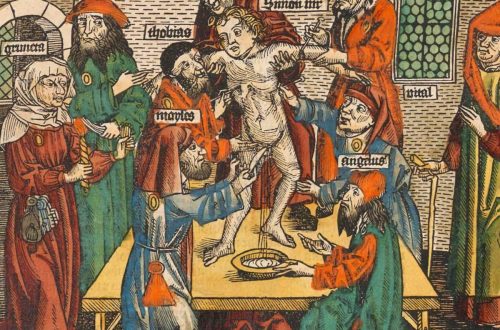Here’s an unsurprising little blog by Jonathan Glennie of the Overseas Development Institute in The Guardian. This is how it starts:
Last week Human Rights Watch (HRW) published its latest damning assessment of the human rights situation in Venezuela. According to HRW “the accumulation of power in the executive and the erosion ofhuman rights protections have allowed the Chávez government to intimidate, censor and prosecute critics and perceived opponents in a wide range of cases involving the judiciary, the media and civil society”. Since its last report in 2008, “the human rights situation in the country has become even more precarious”.
I don’t doubt the facts presented by HRW. Particularly alarming is the way the regime of President Hugo Chávez threw a judge in jail for making a decision it didn’t like, and the chilling effect such arbitrary abuse of power has on the rest of the judiciary. HRW plays a vital role in bringing attention to such activities.
However …
Can you guess what is coming next?
… it is important not to mistake a negative report of this nature with an overall analysis of the progress in, and challenges facing,Venezuela, for two main reasons: first, because the state of political freedom is more complex than the report implies, and second because restricting the actions of some can sometimes be necessary to further change in highly unequal and politically polarised contexts.
Yup, you guessed right. The article continues:
[T]he complete freedom of the press is not always a sign of a functioning democracy – in some contexts it can actually mitigate against progress for the majority poor.
The relationship between formal democratic freedoms and progress on poverty eradication and inequality is not an easy one. There are some who argue that democracy is important for poverty reduction, and others who suggest that democracy can actually throw up barriers to progress on social and economic rights. In reality it is unhelpful to generalise, in part because defining democracy proves very hard, and partly because country contexts are so incredibly different. There are many examples where more freedoms are indeed crucial to progress for the poorest, but there are also certainly examples where clamping down on media and other freedoms can be justified for development purposes.
This is anathema to most westerners who don’t understand the political complexities in countries very different from their own, but it was summarised well by Mark Weisbrot, of the Centre for Economic and Policy Research, in a recent article about the alleged crackdown on the freedom of the press in Rafael Correa’s Ecuador. Rather than “a heroic battle for freedom of expression”, argued Weisbrot, the situation would be better described as “a struggle between two political actors”.
And so on. Stalinist crap straight from the Daily Worker in the 1930s.
This piece is “Supported by the Bill and Melinda Gates Foundation”. I hope that Index on Censorship will be writing to them, and to The Guardian.
UPDATE:
Arieh Kovler says:
Reminds me of this:
He cannot say outright, “I believe in killing off your opponents when you can get good results by doing so.” Probably, therefore, he will say something like this:
“While freely conceding that the Soviet regime exhibits certain features which the humanitarian may be inclined to deplore, we must, I think, agree that a certain curtailment of the right to political opposition is an unavoidable concomitant of transitional periods, and that the rigors which the Russian people have been called upon to undergo have been amply justified in the sphere of concrete achievement.
“
Orwell, “Politics and the English Language”, 1946


